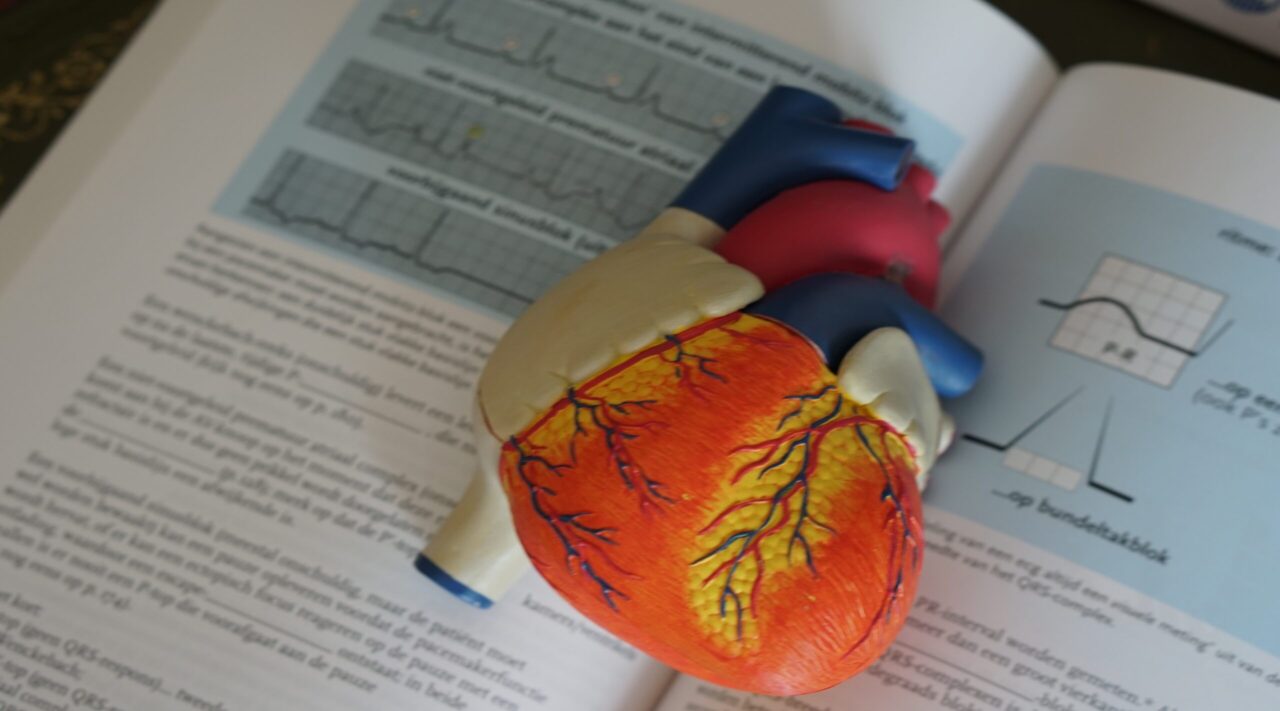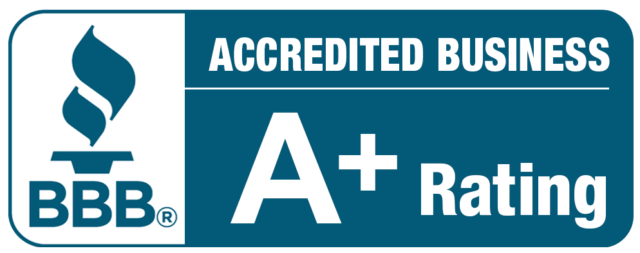You are probably here because you are seeking in-home care strategies for heart health, right?
Caring for a client with heart problems is a significant responsibility that requires both compassion and knowledge.
This article serves as a comprehensive guide for caregivers, offering insights into the nuanced care required to support individuals with heart conditions.
From understanding the intricacies of specific diagnoses to providing emotional support and promoting heart-healthy lifestyles, this guide aims to empower caregivers with the tools and information needed to enhance the well-being of their loved ones.
With a focus on both the physical and emotional aspects of caregiving, this resource seeks to navigate the complexities of heart care, ensuring that caregivers can provide not only necessary assistance but also a nurturing and supportive environment for those facing cardiovascular challenges.
10 In-Home Care Strategies For Heart Health
Maintaining heart health is crucial for overall well-being, and for many individuals, in-home care can play a pivotal role in achieving this goal.
From personalized attention to specialized assistance, in-home care offers a range of services that contribute to heart health at all stages of life.
Here are some strategies that should help:
1. Tailored Physical Activity Programs
In-home care providers can design personalized exercise routines that cater to the unique needs and abilities of individuals at different stages of heart health.
From gentle exercises for seniors to more intense workouts for those in better physical condition, these programs aim to improve cardiovascular fitness, reduce the risk of heart disease, and enhance overall heart function.
2. Nutritional Guidance
A heart-healthy diet is essential for preventing and managing cardiovascular conditions.
In-home care professionals, often working in tandem with nutritionists, can create customized meal plans that focus on heart-friendly foods.
These plans may include a variety of nutrient-rich options such as fruits, vegetables, whole grains, and lean proteins while limiting salt and saturated fats.
3. Medication Management
For those with heart conditions, proper management of medications is critical.
In-home care providers can assist in organizing and administering medications, ensuring that individuals adhere to prescribed regimens.
This support helps maintain optimal heart health by preventing missed doses and potential complications.
If you do not have a schedule plan yet, see our guide on how to create a medication schedule. Also, see how to prevent medication errors for clients and technology solutions for medication reminders
4. Regular Health Monitoring
One of the in-home care strategies for heart health is regular monitoring of the client’s heart.
In-home care allows for continuous health monitoring, enabling early detection of any changes in vital signs or symptoms related to heart health.
Regular blood pressure checks, heart rate monitoring, and symptom assessments provide valuable information for timely interventions, reducing the risk of cardiovascular events.
5. Stress Reduction Techniques
Chronic stress can have adverse effects on heart health.
In-home care professionals can introduce stress reduction techniques, such as relaxation exercises, meditation, and mindfulness practices, to help individuals manage stress and promote emotional well-being.
These strategies contribute to a healthier heart by mitigating the impact of stress on the cardiovascular system.
6. Social Engagement and Emotional Support
Maintaining strong social connections is linked to better heart health. In-home care providers offer companionship and emotional support, reducing feelings of isolation and loneliness. Engaging in social activities and maintaining positive relationships contribute to overall well-being and support a healthy heart.
7. Chronic Disease Management
In-home care is particularly beneficial for those managing chronic conditions like diabetes or hypertension, which can impact heart health.
By helping individuals adhere to treatment plans, monitoring symptoms, and promoting a healthy lifestyle, in-home care contributes to effective chronic disease management and minimizes the risk of cardiovascular complications.
8. Fall Prevention Programs
For older individuals, falls can pose a significant threat to heart health.
In-home care providers can implement fall prevention programs, addressing potential hazards in the home environment and assisting with mobility.
By preventing falls, in-home care supports overall cardiovascular health, as falls can lead to injuries that may exacerbate existing heart conditions.
9. Maintain Regular Doctor Visits
Ensure regular check-ups with healthcare professionals.
Accompany your client to medical appointments, take notes, and ask questions to fully understand their health status and any recommended adjustments to the care plan.
10. Be Prepared for Emergencies
Have an emergency plan in place. Familiarize yourself with the signs of a heart attack or worsening symptoms. Keep emergency contact information accessible and know the location of the nearest medical facilities
Conclusion
In-home care emerges as a versatile and comprehensive solution for promoting heart health at all stages of life.
Through personalized attention, tailored programs, and a focus on holistic well-being, in-home care providers contribute significantly to maintaining optimal cardiovascular health.
Embracing these services can empower individuals to lead heart-healthy lives in the comfort and familiarity of their own homes.
We hope you found this guide helpful.
If you are in Indiana and looking for how to access quality care services and personalized client care plans, visit Good Hands Home Care Agency, where care is offered with professionalism and efficiency.





